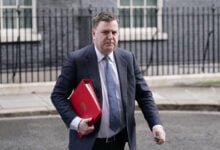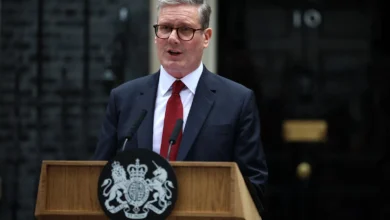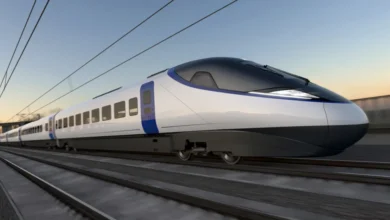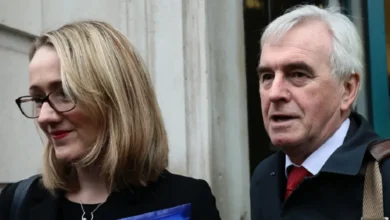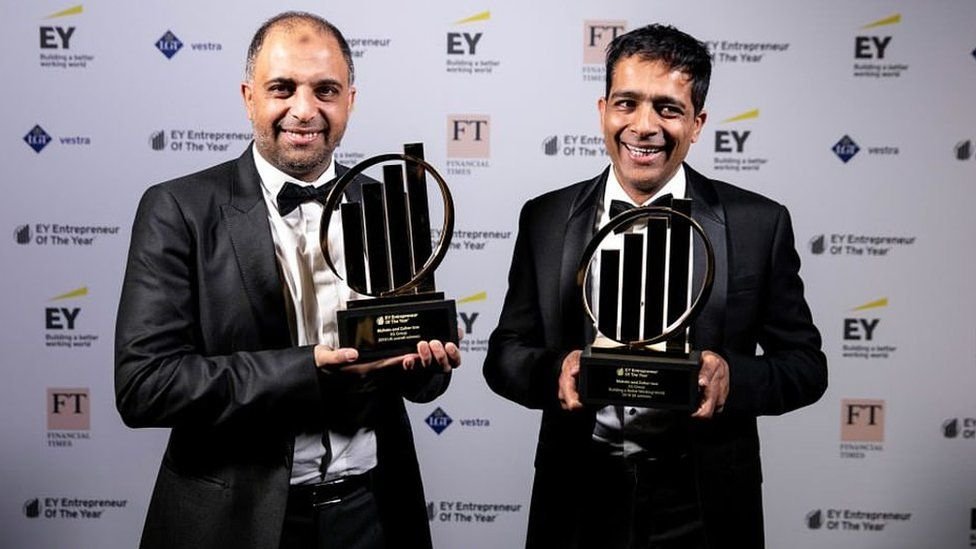
Mohsin Issa, one half of the so-called “billionaire brothers” who own Asda, says he plans to hand over the running of the UK’s third biggest supermarket. In his first ever interview, the entrepreneur told the BBC he was carrying out a “reset” at the grocer before appointing a chief executive.
Despite Asda’s £5bn debt pile, Mr Issa said he was “here for the long haul”. He also dismissed rumours of a rift with his brother Zuber, saying the pair “get on exceptionally well”.
“We talk to each other probably two or three times a day. We’ve been very, very privileged. We have been on a journey and we have got a long way still to go,” he told the BBC.
It has been quite a journey. Until now the Issa brothers have preferred to stay out of the media spotlight, giving no interviews while they built a business empire spanning 10 countries.
They have made it big time – so big the double act was listed 40th on the Sunday Times’ Rich List last year with a net worth of £5.05bn.
“We’ve not done bad to be honest,” chuckles Mr Issa at the opening of Asda’s 1,000th store in Stevenage. “It surpassed our dreams and visions.”
Asked if they hate being called the billionaire brothers, he replies: “It’s not a tag you want to be associated, but I suppose that’s what people call it and I suppose it is what it is.”
The pair, from Blackburn, had humble beginnings, and ran their own individual businesses before jointly purchasing their first petrol station in Bury, Greater Manchester, in 2001.
As the oil companies began selling off and closing their High Street petrol stations to concentrate on production and refining, the brothers took a chance to expand and joined forces with private equity firm TDR Capital to snap up the vacant sites.
They also realised another opportunity in making the shops on forecourts more attractive to drivers to spend more money on coffee, fast food and other groceries, which Mr Issa said was a shift from the “dirty, kiosk style” stores offering “cokes and smokes”. Mr Issa claimed the pair got “lucky”. “We have been in the right place at the right time and taken advantage of some of them opportunities.”
Today, the EG Group empire includes some 6,000 convenience and petrol stations across 10 different countries, stretching from the UK to the US and Australia, with the likes of Starbucks, Greggs and Subway on offer at various sites.
The forecourts fuelled the Issas and TDR Capital to buy Asda from Walmart three years ago, but they took on a huge amount of debt to complete the takeover. The brothers were both awarded CBEs after the news.
Why Asda? “It’s a once in a lifetime opportunity,” said Mr Issa, the details man of the double act, who oversees the running of the supermarket while his brother Zuber focuses on the petrol station business.
Mr Issa says h works “six-and-a-half days a week”, often popping up at stores across the country. He is still very much a retailer at heart.
The 52-year-old has been the architect of Asda Express, the convenience store aiming to rival the likes to Tesco Express and Sainsbury’s Local.
The expansion has been his mission. On Thursday, Mr Issa opened the latest Asda Express, but the company has already converted some 110 former Co-op and EG stores to Asda Express in February alone. The firm will have amassed 470 convenience stores in the UK by the end of March.
“Did I ever think I’d be in a business the size and scale of this? Absolutely not,” said Mr Issa. “I just had that vision of running my own business. I always had that determination of trying to control my own destiny.”
But running Asda has been a challenge for the Issas, with Asda losing market share in recent times, with the likes of Aldi and Lidl attracting more customers, especially as household budgets have been squeezed.
The £4.9bn debt pile has also drawn scrutiny. Higher interest rates have prompted fears over the company’s ability to pay loans off, but Mr Issa dismisses any questions that EG Group has bitten off more than it can chew, arguing the debt is sustainable due to the majority of it being fixed. Asda claims 90% of its debt is fixed.
He said Asda generated so much cash that “even if our interest payments were to double Asda has more than sufficient headroom to service that”.
“It is challenging. If you get up and if you’re not challenged then I suppose you shouldn’t be doing your job,” said Mr Issa.
“We’re in a transition period where we’re evolving, but also we’re investing significantly. Market share will fluctuate over a period of time. We feel we’re doing the long term investment that will help us regain some of that market.
Source: BBC


